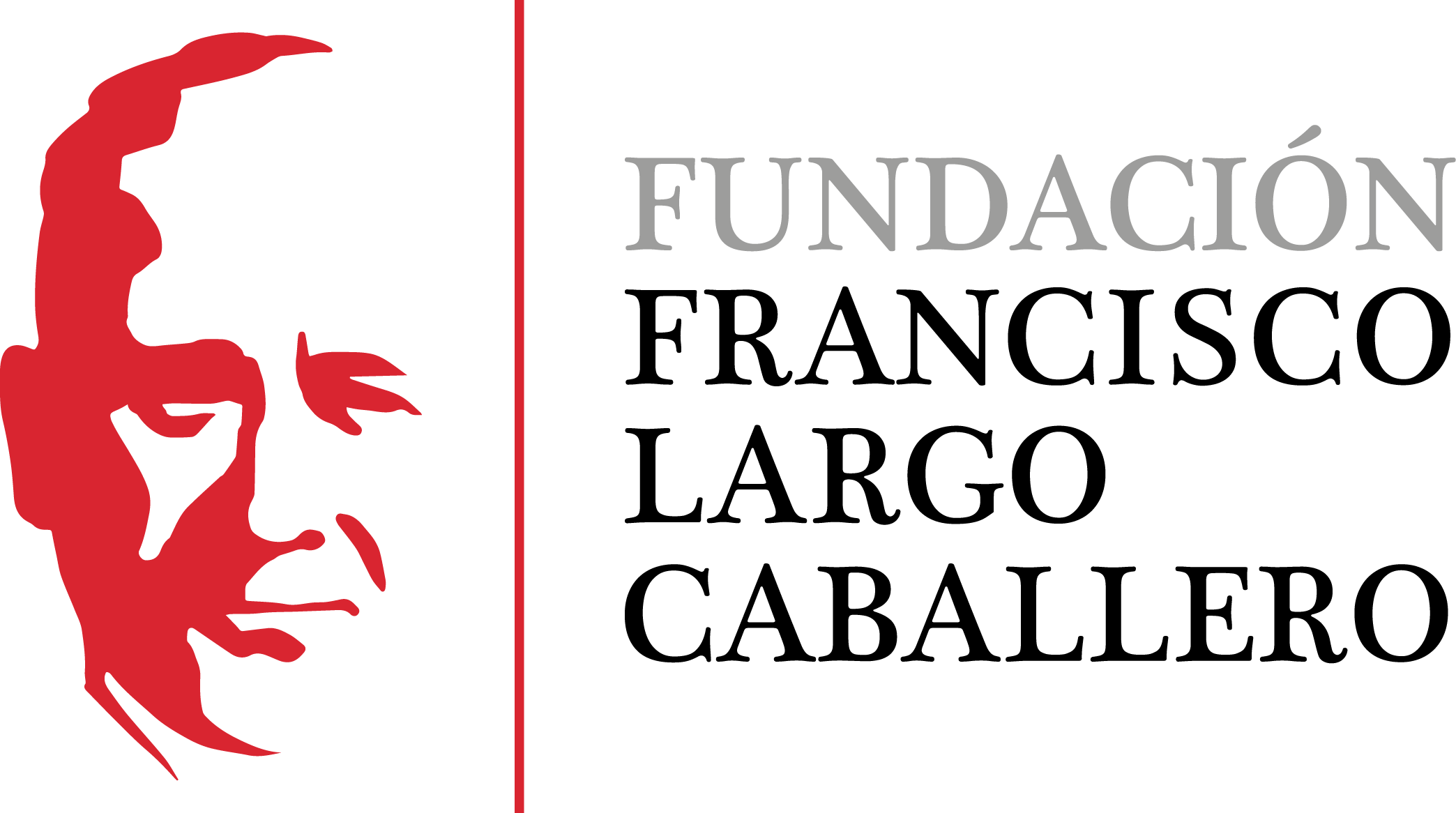A Powerfull Smallness. The Concept Democracy in Spain, 1750-1870
DOI:
https://doi.org/10.69791/rahc.189Keywords:
Democracy, Spain, liberalism, republicanism, socialism, krausism, RevolutionAbstract
This article tries to show the evolution in the meaning and uses of the concept «Democracy» in Spain, from the Enlightenment until the revolution that led to the so called Sexenio democrático (1868). The history of Democracy during this long period was dominated by a negative interpretation, and associated to his classical meaning of popular Government. So it was under the Absolute Monarchy, as well as in the brief liberal periods (1810-1812, 1820-1823) in which the direct Democracy was refused, whereas the representative one was slowly gaining support only in some minority sectors. In this way 1848 marked a milestone, because from this moment onwards, a part of the progressive liberalism embraced Democracy, option that crystallised in a program and a clear-cut political party. In the breast of the new democratic set of ideas, other currents of the republicanism and of the socialism finally also converged by the 60s. They fought to become the very owners of the concept Democracy and at the same time caused an important semantic transformation of the concept itself. Even when the feeble strengths of «Democracy» triumph in Spain, after the Revolution of 1868, it would be clear the distinct ways, even opposite, to understand it.
Downloads
Global Statistics ℹ️
|
117
Views
|
31
Downloads
|
|
148
Total
|
|
Downloads
Published
How to Cite
Issue
Section
License
Copyright (c) 2011 Gonzalo Capellán de Miguel, Rocío García Ruiz

This work is licensed under a Creative Commons Attribution 4.0 International License.
Alcores is an open-access journal. It provides unrestricted access to its content from the moment of publication. We respect intellectual property rights, and for this reason, the author retains the copyright. All content is distributed under a Creative Commons Attribution 4.0 International (CC BY 4.0) license. The terms of the license can be consulted at: https://creativecommons.org/licenses/by/4.0/
This license allows sharing (copying and redistributing the material in any medium or format) and adapting (remixing, transforming, and building upon the material for any purpose), provided that authorship and first publication in this journal are properly credited, a link to the license is included, and any changes made are indicated.
This type of license facilitates the freedom of reuse and ensures that the content of this journal can be used to meet research needs.









